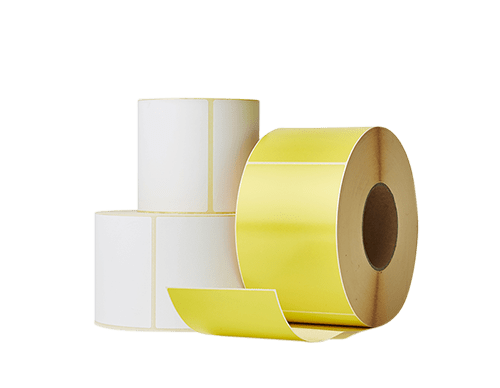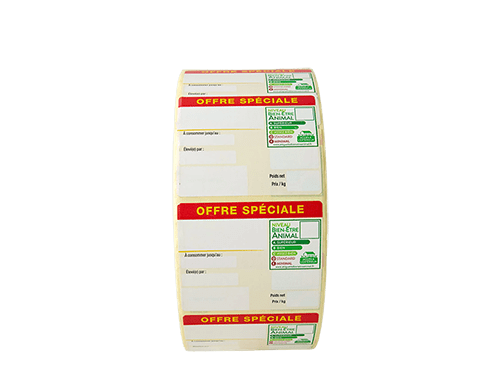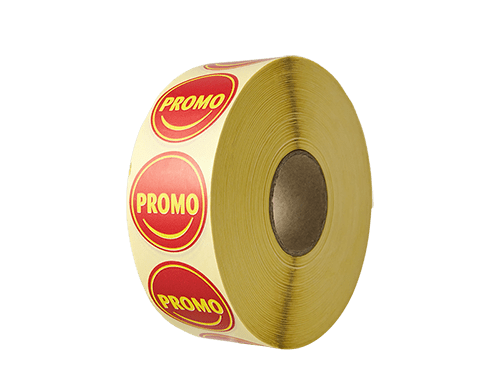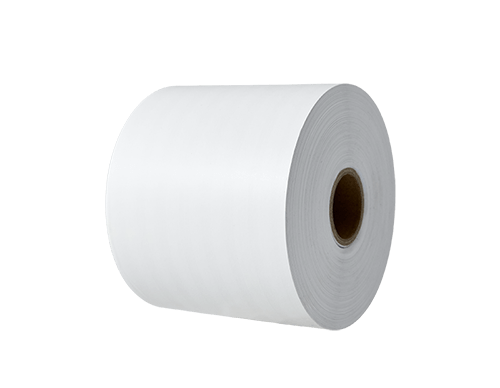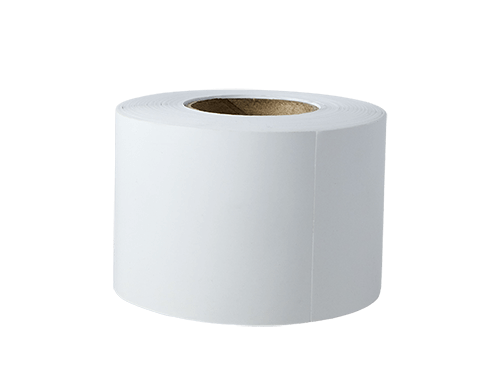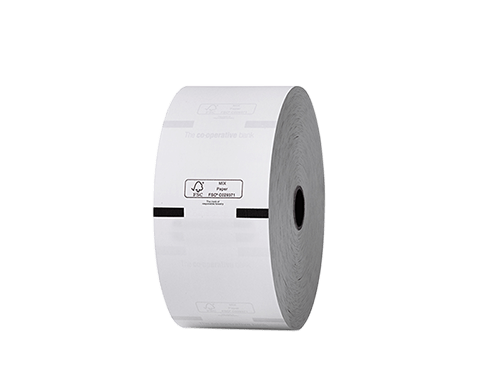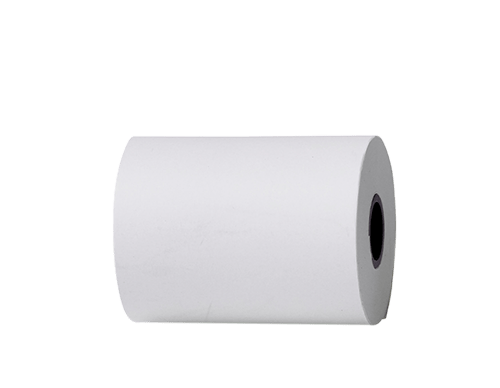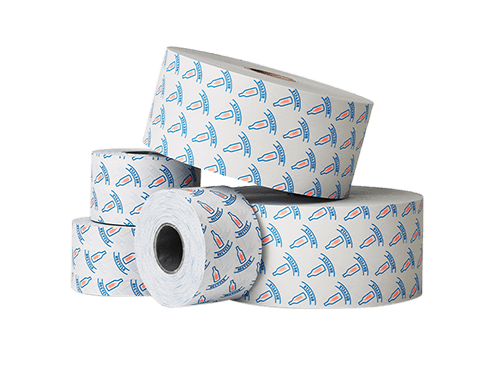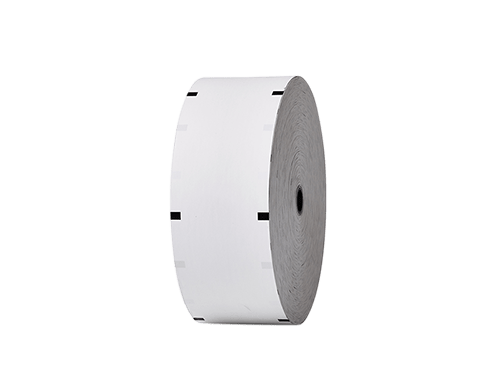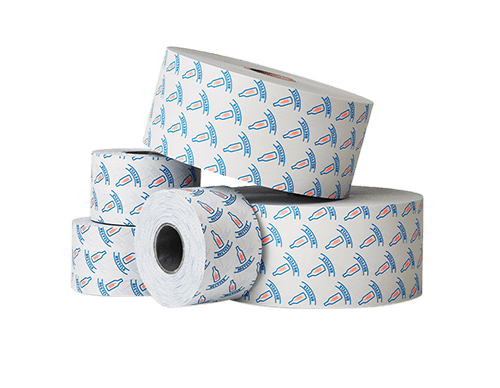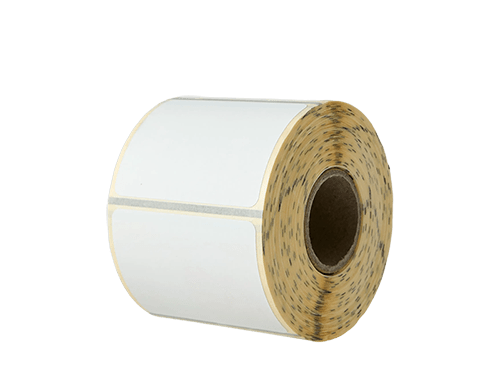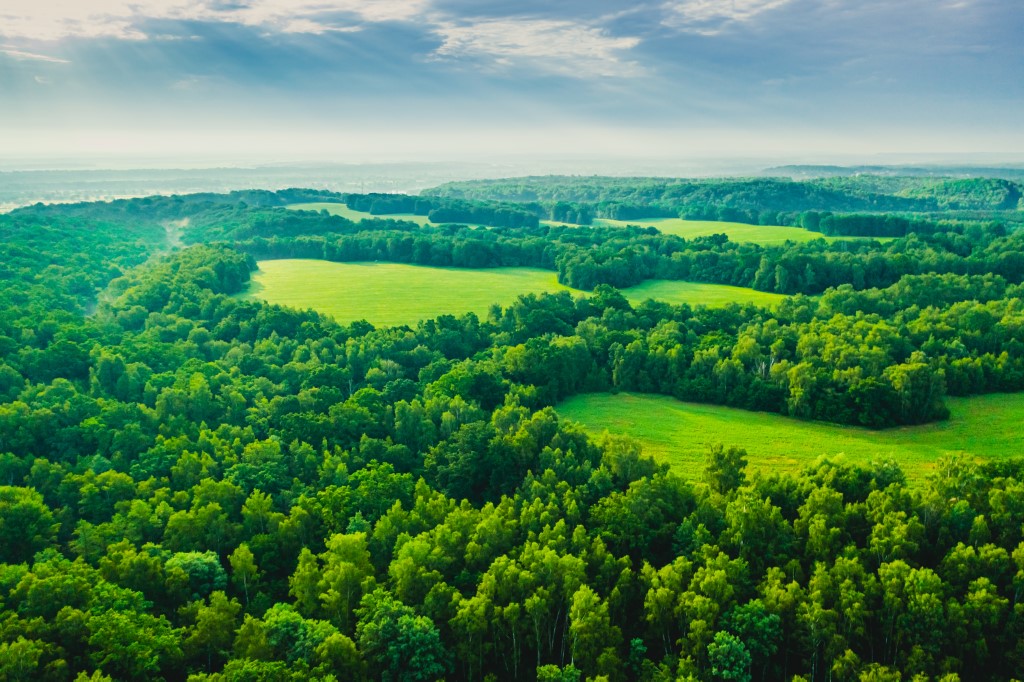
Sustainability
Sustainability in paper production involves minimising environmental impact, conserving resources, and ensuring social responsibility throughout the entire production process, from sourcing raw materials to manufacturing and distribution
Schades Group is actively reducing our carbon footprint and has undergone rigorous certification by independent auditors to validate our efforts. We ensure our suppliers only source pulp from responsibly managed forests, allowing us to proudly display the FSC® label on our checkout rolls.
We also adhere to the stringent criteria of ISO 14001 environmental management system certification standards, demonstrating our comprehensive dedication to sustainability. This certification underlines our holistic approach to environmental stewardship, affirming our sincere commitment to protecting the planet.
Schades Group isn’t just a market leader; we’re a sustainability champion, driving the environmental agenda within our industry. We were the first manufacturer to achieve FSC® Certification for paper rolls and a pioneer in the introduction of BPA-free paper – eight years ahead of the EU ban!
Schades Group worked directly with Koehler Paper to develop Blue4est® – a sustainable thermal paper from the Black Forest. The only Thermal paper to be completely recyclable. Blue4est® is free of chemical developers and can be used with normal thermal printers.
At our Sarstedt facility, we’re powered entirely by green electricity harnessed through a photovoltaic system – a testament to our holistic approach to sustainability.
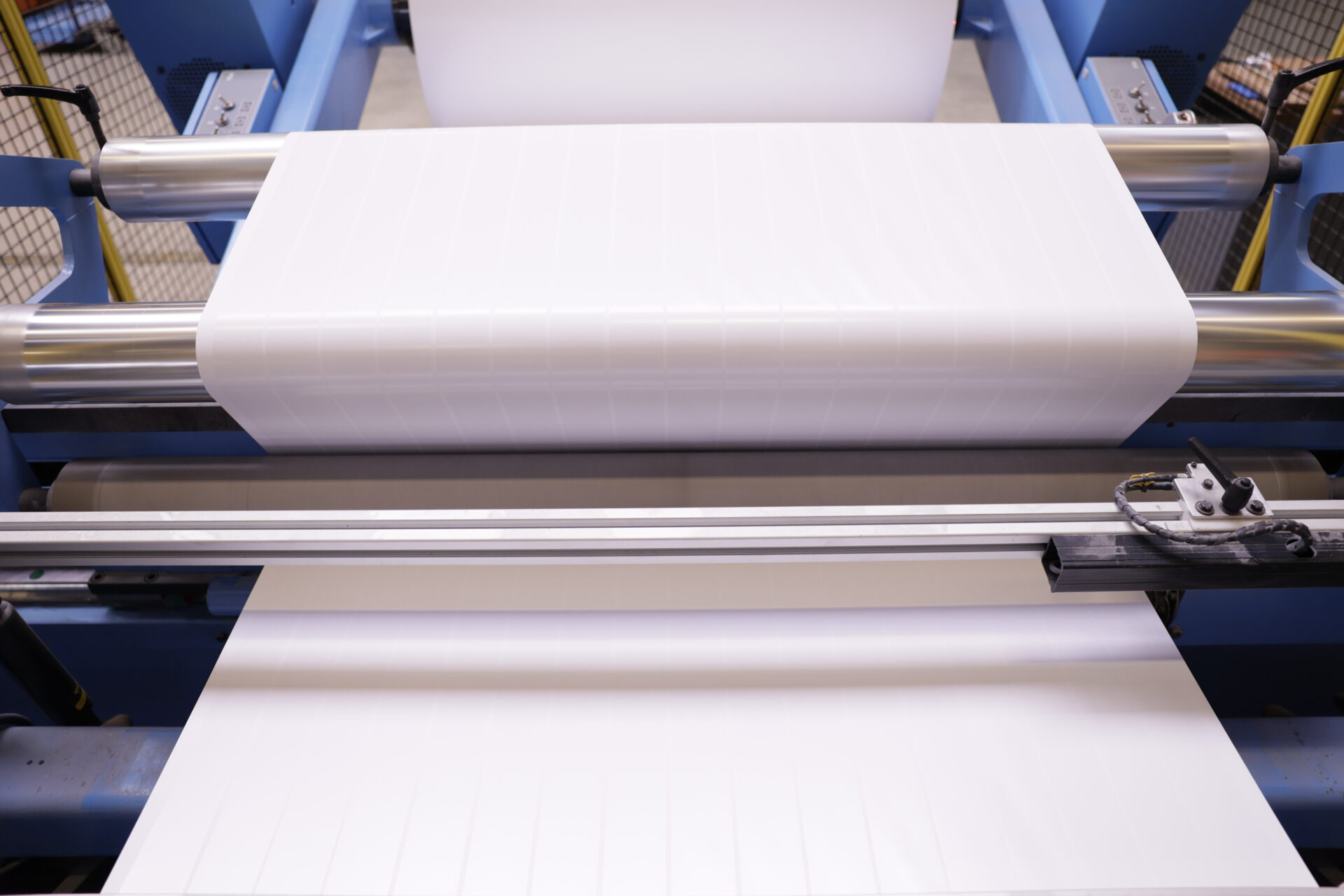
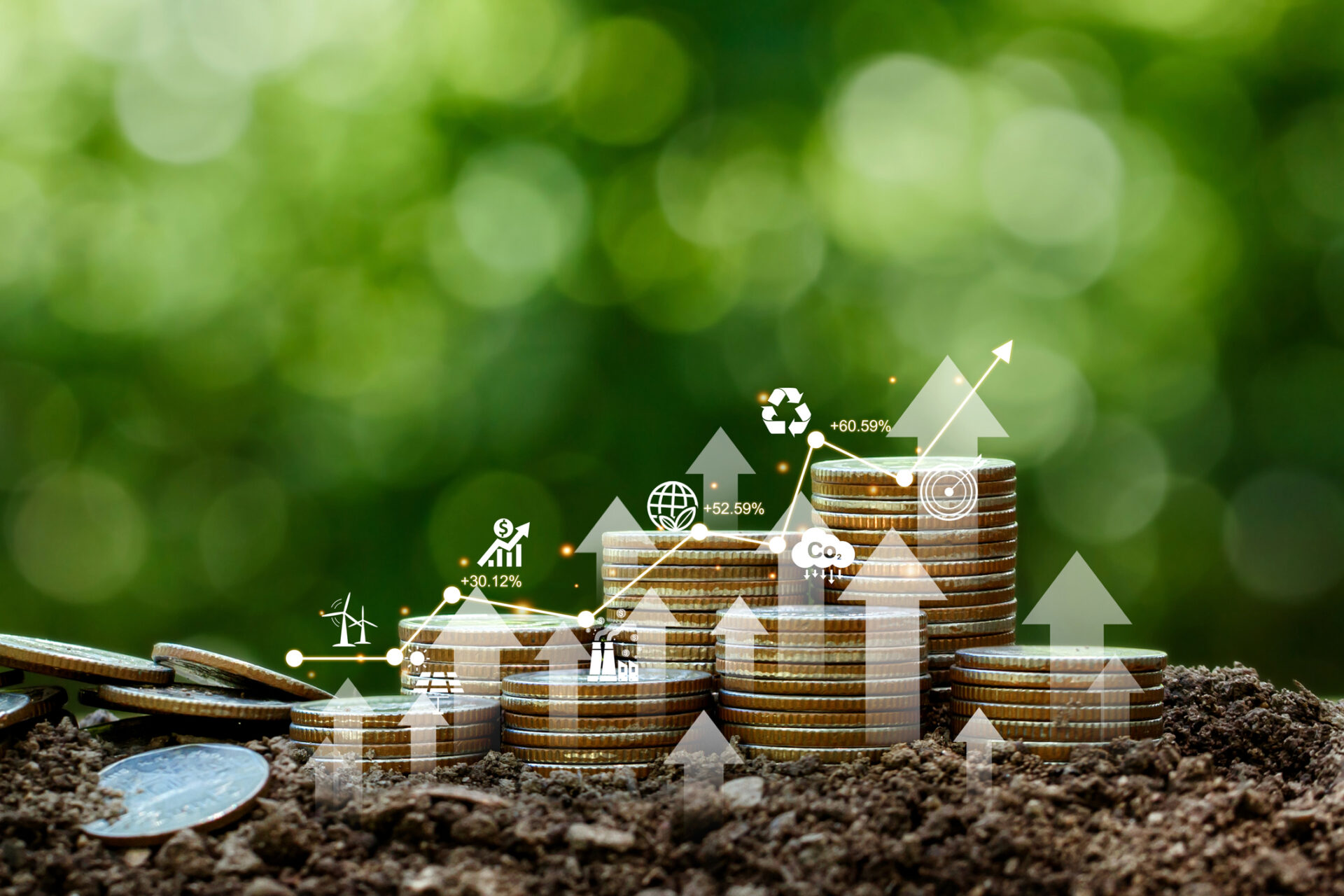
Schades Group continues to innovate with new products, bringing the latest technology to customers whilst keeping sustainability at the forefront.
Schades Group have promoted lighter weight thermal papers, enabling significant environmental and operational savings:
Schades Group have taken the same philosophy with labels using thinner backing paper and lighter weight face paper.
Whatever your sustainability goals, Schades Group has a solution to fit.
Schades Group have created bespoke products to suit customers’ needs including labels with liners. By reducing the backing paper (liner), Schades group reduced from 55gsm to 48gsm. This means less material is used which creates less waste and reduces Co2.
By using thinner labels, one customer was able to improve reduce waste by:
This meant 7.7% less rolls being used across production, handling, shipment and at tills; 7.7% less cardboard material; and 18.2% less landfill waste.
Thinner labels also have benefits for performance:
Schades Group is able to support customer sustainability goals, improve efficiency as well as be more cost effective. Boost your brand’s reputation and support the circular economy with thinner liners.
By prioritising sustainable practices, we efficiently use resources, reduce pollution, and address social and environmental challenges.
Sustainable development fosters a balance between present needs and future generations’ requirements, promoting resilience, innovation, and competitiveness while safeguarding the planet’s biodiversity and ecological balance.
It offers a framework for creating a more equitable, prosperous, and resilient world that benefits both current and future generations.
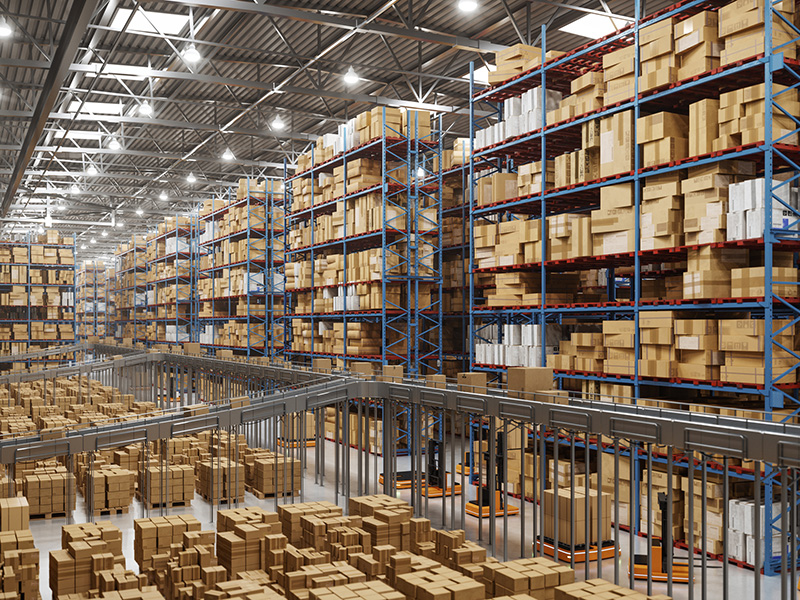

Retail Products
Whatever you need we can manage. No one in the industry can offer you a wider product portfolio.
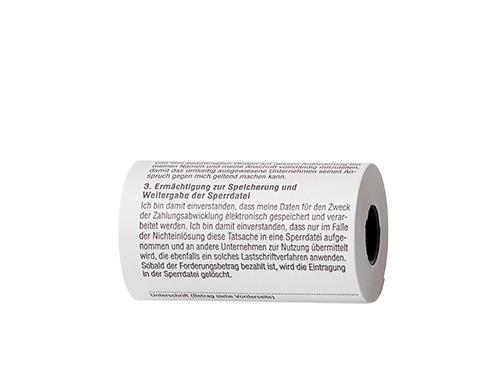
Credit Card Verification Rolls
The industry’s most comprehensive range for cash registers and stand-alone POS printer devices.
Find out More
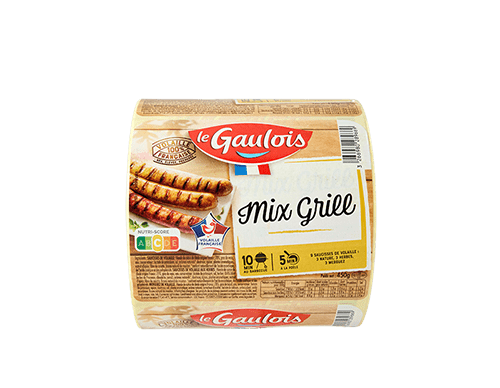
Food Packaging Labels
Schades Group leads the way in producing food packing labels allowing you to be compliant with food safety standards
Find out More
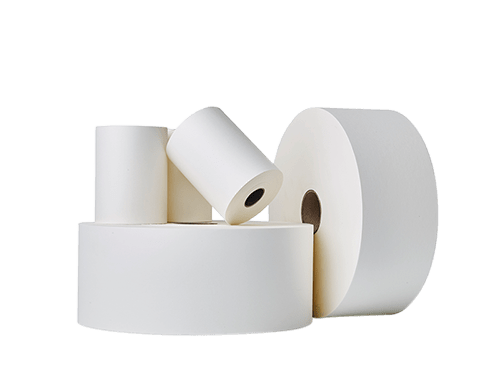
Food Wrap Rolls
High quality food wrap from Schades Group is used by the leading slaughterhouses in Europe.
Find out More
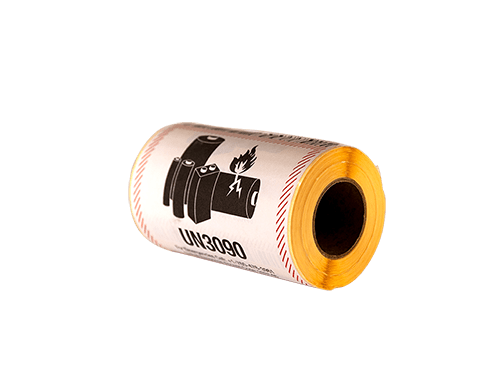
Industrial Labels
Industrial labels play a pivotal role in enhancing efficiency, safety, and organisation across multiple sectors.
Find out More
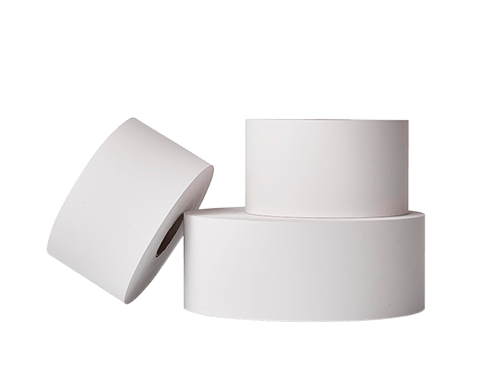
Industrial Paper Rolls
Schades Group is proud to serve some of Europe’s biggest companies, ensuring operations work with seamless efficiency.
Find out More
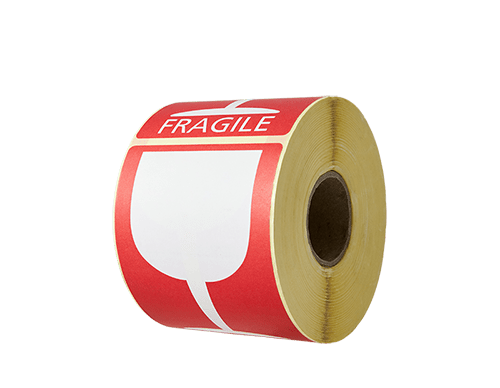
Logistics Labels
Schades Group supplies labels to some of Europe’s largest logistics companies. Safe, accurate and high reliability is particularly important when it comes to the logistics industry.
Find out More
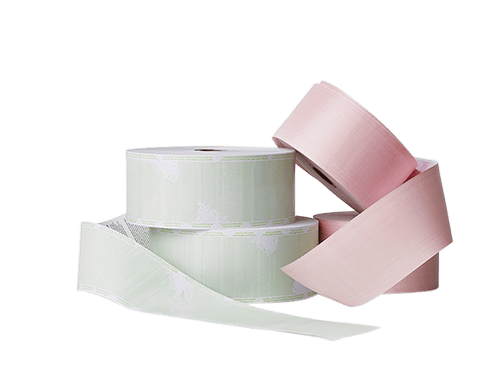
Lottery & Gaming Rolls
Schades Group produces the highest quality products with a strong production footprint and local presence across multiple countries.
Find out More
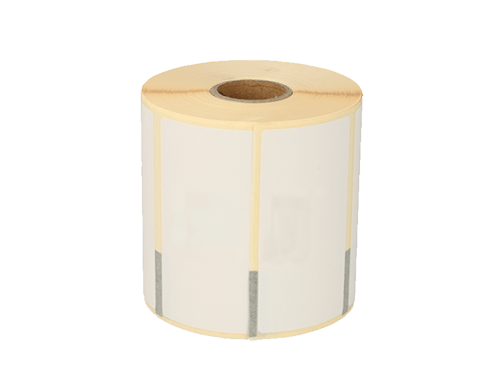
Pharmacy Labels
Schades Group pharmacy labels are more than just adhesive paper – a channel of vital information from pharmacy to patient
Find out More
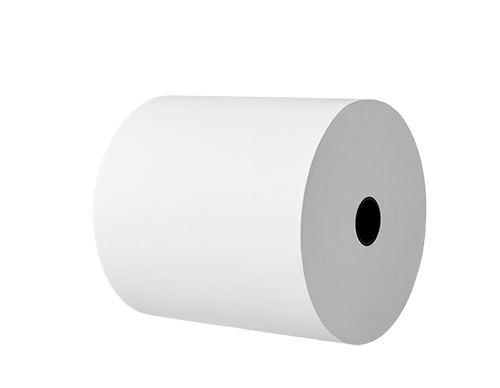
POS Paper Rolls
The industry’s most comprehensive range for cash registers and stand-alone POS printer devices.
Find out More
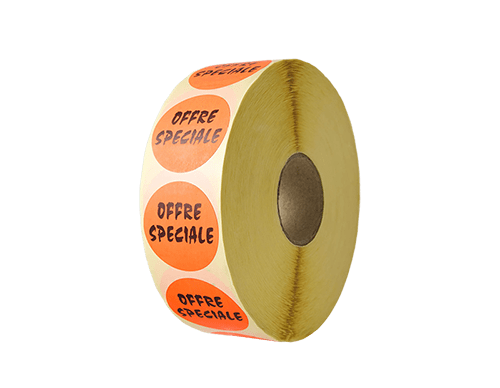
Reduced Price Labels
The industry’s most comprehensive range for reduced price labels used to indicate a discounted price.
Find out More





